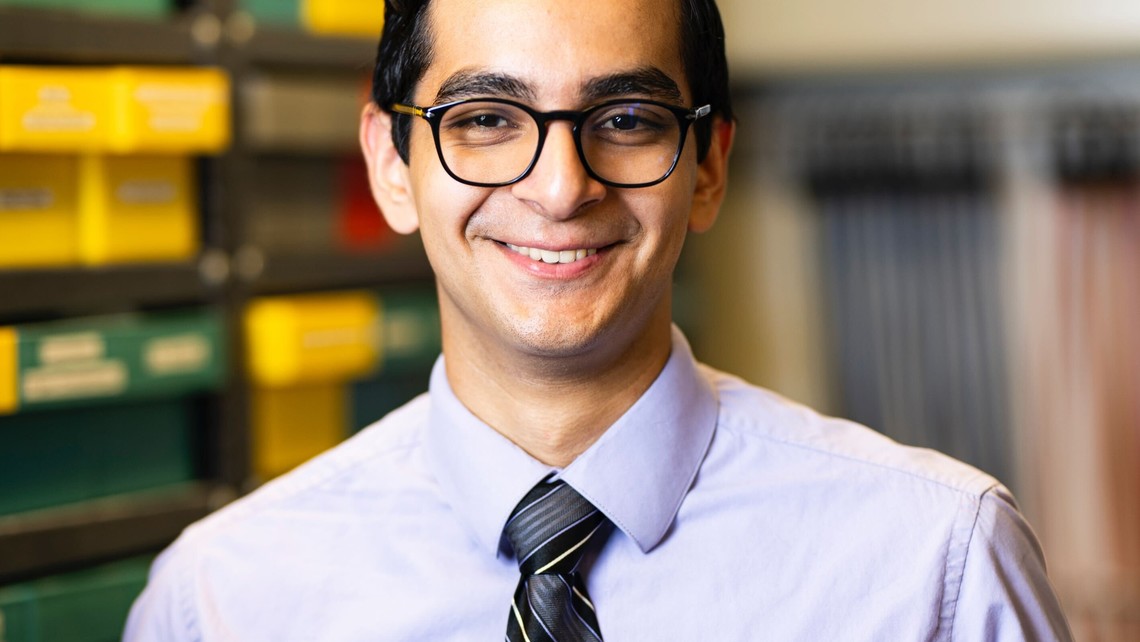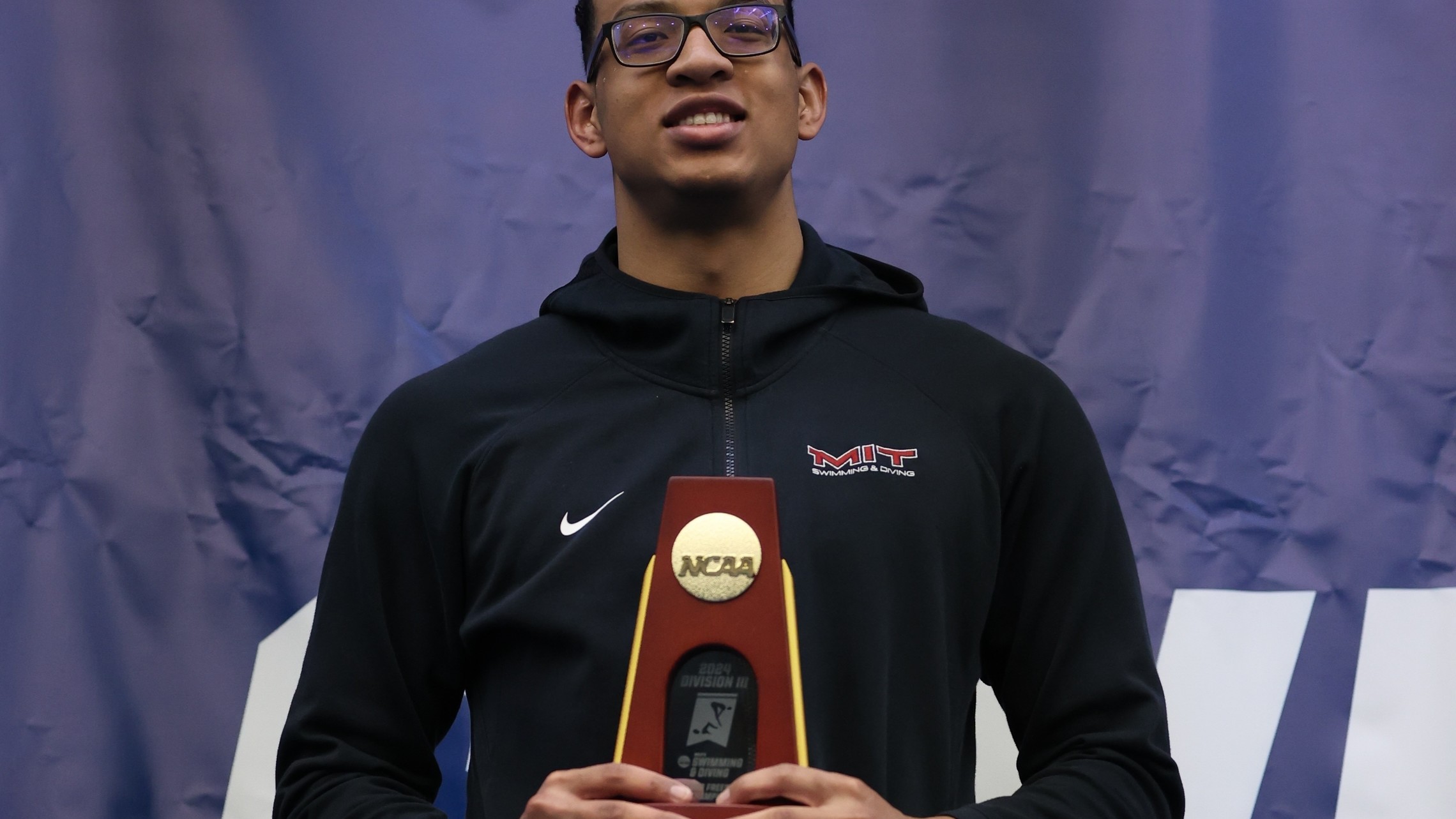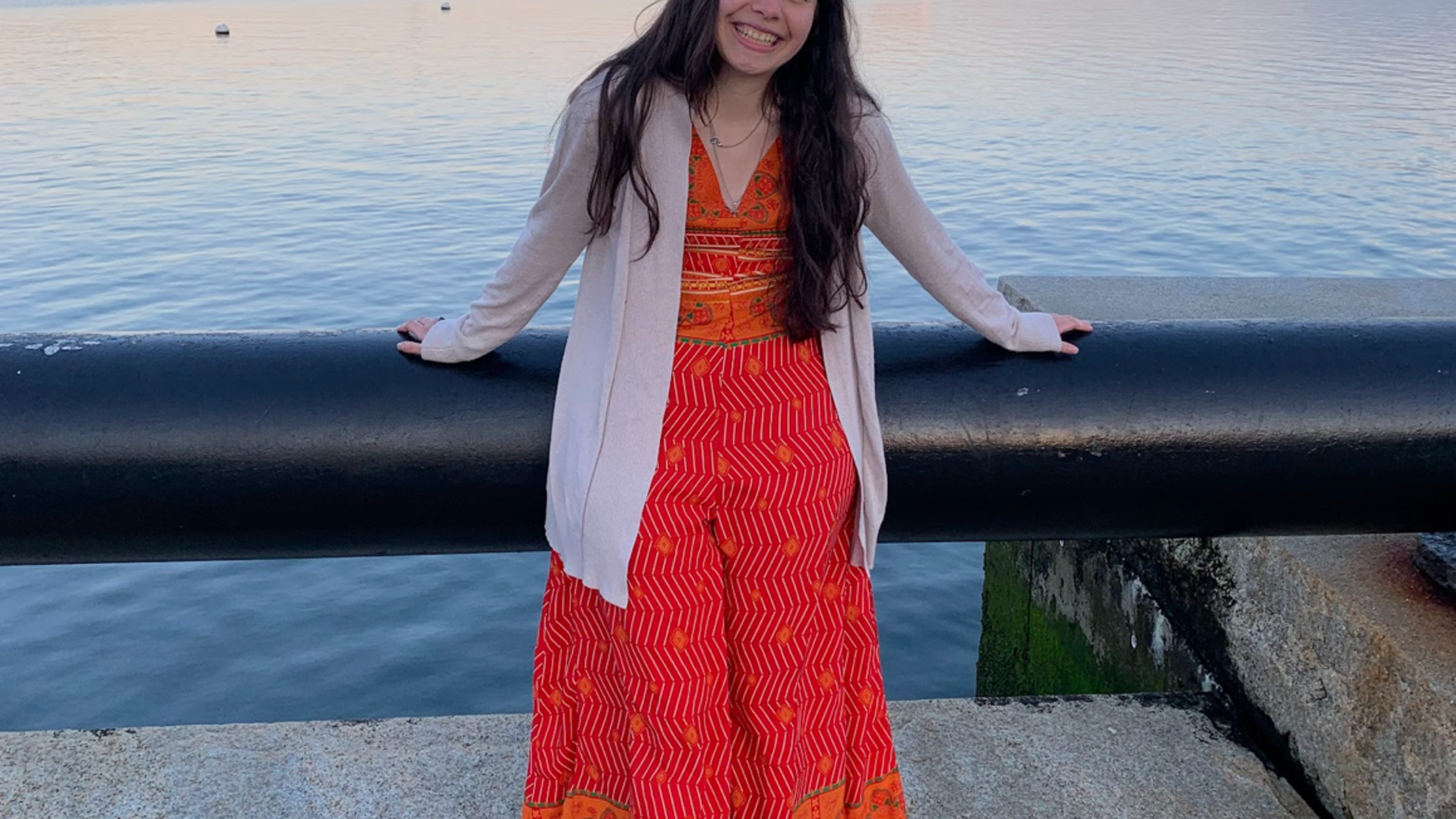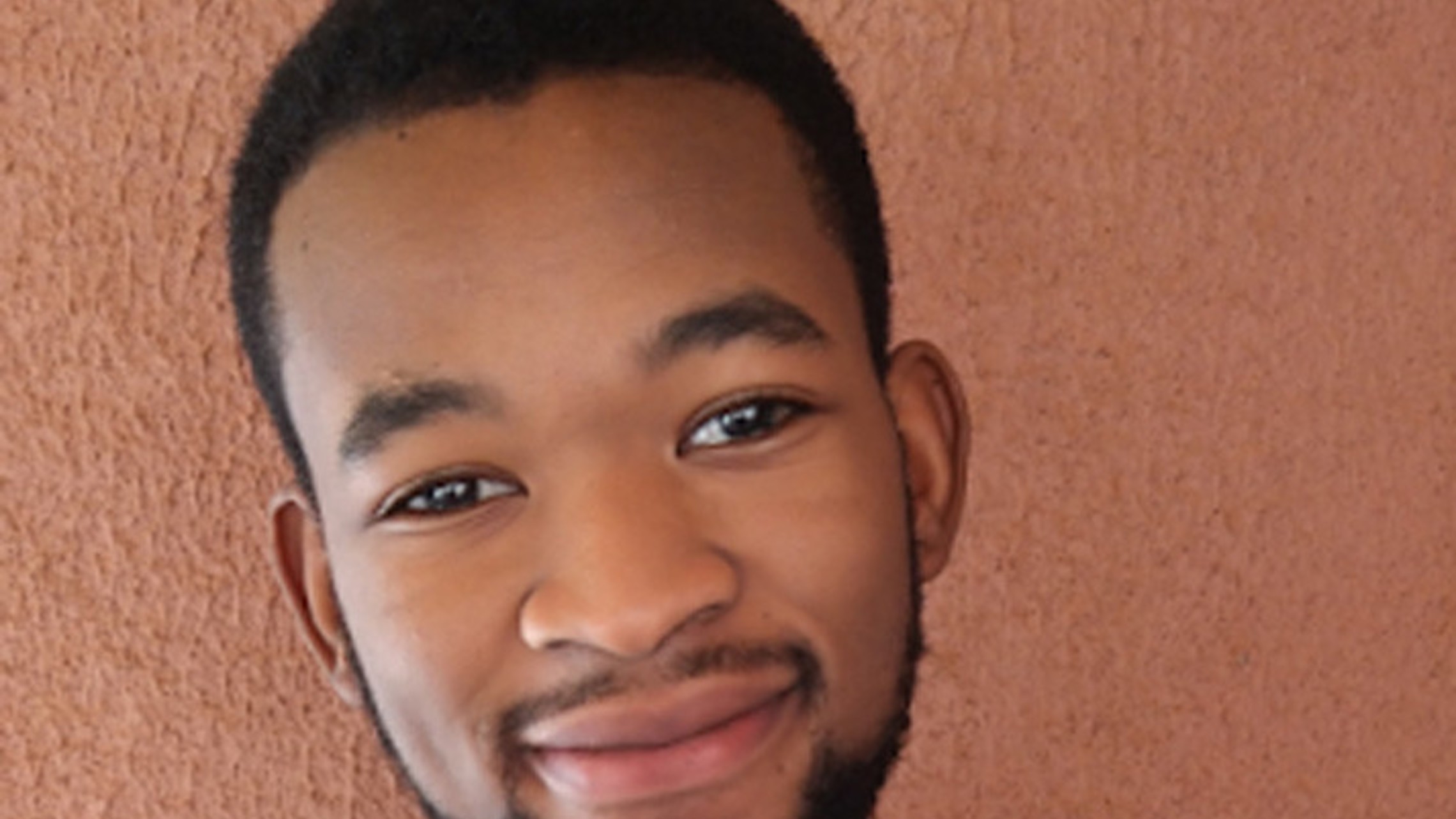
It is tempting to judge the people in the Bible. How can someone see the sea split before them and turn from God not too far after? As an incoming freshman who knew more about the history of space travel than the Bible, it was easy to feel removed from God’s chosen people. Now, as I begin my fourth year of Aerospace Engineering at MIT, I can say that I relate to the ancient Israelites, especially when it comes to my relationship with prayer A homily I heard at St. Francis’ chapel in Boston explained how God established the laws of the Old Testament to teach Israel how to follow and understand Him. With each covenant God made with His people they grew, and when they failed, He would redeem them. This happened again and again, over millennia. That is when I noticed, I was not too different.
Like the people in the Bible, I grow in my relationship with God. And like the people of the Bible, I forget. I have my moments in Meribah, my moments in the desert, where I can have unmistakable evidence of God’s goodness, and run away the following day I can have what I can only explain as divine help with daily life, being at the right place at the right time, having an encounter with a stranger on the street that speaks to the events of my life, and then immediately go back to doom scrolling on my phone be cause I did not get my way. I can be treated with love and patience one moment and fail to treat others accordingly in the next That is why I need Jesus, why I need to pray because I cannot learn how to love unless I am loved first. I cannot fill the cup of others until the Lord fills mine. I am a branch, and I really am nothing apart from the vine. I owe God’s grace and the Catholic community on campus for this lesson.
As a lapsed Catholic finding his way back to the faith, prayer was -at its core- a transaction that began and ended with the sign of the cross. God gave me life, I gave him time; I gave God extra prayers, he would give me extra graces. Mass was for the weekends, the weekdays were for me, and my work was -in all honesty- my main motivator in life. It was through the services and kindness of the Catholic community that I began to learn that prayer is a sweet conversation held in silence: a conversation with the one who knows us best. A moment that can be held in a chapel or on the way to class, in the morning or in the evening; one that can be as eloquent as St. Ignatius’ Suscipe, or as simple as saying “Jesus, I love you.” It is a period that is more about what God does for us than what we could ever do for God, where grace is not earned but freely given.
We at MIT, and dare I say all over the world, can find ourselves in the same place as the heroes, villains, and civilians of the Bible. Some days we can be as strong or stumble like Samson, others like Solomon, more still like David. And that’s why prayer is important at MIT. Not just because he’ll give us the strength to get through the semester, the wisdom to finish a project, the courage to step back into the firehose: it’s because he’ll use every moment to teach us how to love Him better - because he will be patient as he was with his people through out the Bible, merciful as he was with Israel after every failure. The Lord knows we need His help to get through a semester, but studying here has always been about more than our major. It has always been about learning how to love regardless of the grade in a class, regardless of our vocation. It took the Israelites forty years to find their way out of the desert: still another thousand or so for Jesus to teach them -teach us all- how to understand His heart. With that in mind, I would be lying if I said I learned everything there was to know about prayer in four years. But I cannot deny the significant impact that this community of Saints in the making on campus has had on my journey. I still have a long way to go, but at least, just like the ancient Israelites, like all the people in the Bible and the world, I will not have to go through it alone.
-Cesar Meza, MIT 2025





